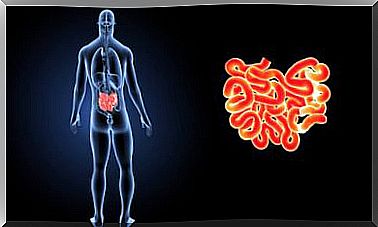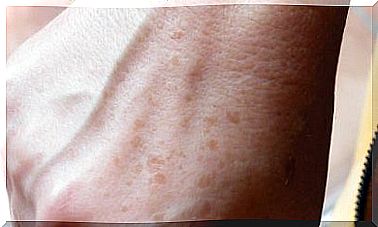What Is Methylmalonic Aciduria (MMA)?
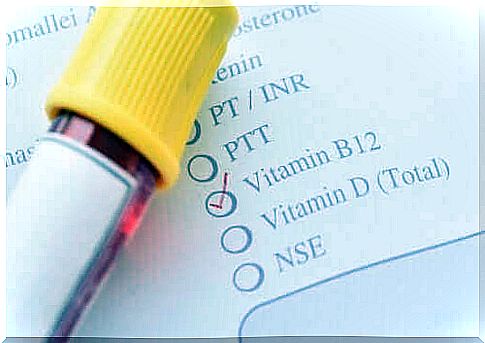
Methylmalonic aciduria or MMA is a defect from birth that disrupts the metabolism of vitamin B12. The body cannot break down certain proteins and fats, resulting in a methylmethonic acid buildup in the blood.
The disease is usually diagnosed in the first year of life. Between 1 in 25,000 and 1 in 48,000 babies are born with this condition. In the Netherlands there are 30 known people with this condition. So it is a rare birth defect. The symptoms are usually evident during childhood and also vary from person to person.
Causes of Methylmalonic Aciduria
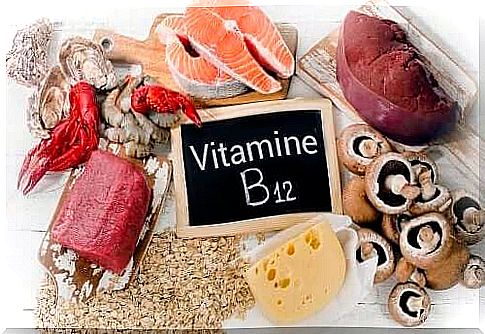
The cause of vitamin B12 responsive methylmalonic aciduria is a defect in adenosylcobalamin synthesis caused by mutations in the genes including:
- MMAA (4q31.1-2)
- MMAB(12q24.1)
- MMADHC (2q23.2)
Another type is caused by a complete or partial deficiency in the activity of the enzyme methylmalonyl CoA mutase. In this case, however, the mutations are on the MUT gene (6p21). However, all forms of MMA are transmitted according to an autosomal recessive pattern of inheritance.
Symptoms
Signs and symptoms of Methylmalonic Aciduria can be diverse. For example, vomiting and dehydration are often seen, but also hypotonia, developmental delay, fatigue and hepatomegaly. In addition, there can be long-term complications such as:
- feeding problems
- intellectual disabilities
- chronic kidney disease
- pancreatitis or inflammation of the pancreas
If the affected patients are not treated, they can go into a coma or even die. People affected by isolated Methylmalonic Aciduria may have the symptoms described below depending on the form of the disease.
Severe, neonatal form
This is the methylmalonyl CoA mutase subtype and is the most common form of isolated MMA. It manifests during childhood. The children are normal at birth, but they quickly develop symptoms such as lethargy, vomiting and dehydration.
Subsequently, liver enlargement, hypotonia and encephalopathy become apparent. Blood tests show the following abnormal parameters:
- ketosis and ketonuria
- ammonium in the blood
- severe metabolic acidosis
- elevated blood sugar levels
Vitamin B12 Responsive
This type responds to vitamin B12 and shows itself in the first months or years of life. Affected children may have feeding problems such as:
- anorexia
- vomit
- hypotonia
- developmental delay
In some cases, they may vomit after eating protein. Children affected by this form of Methylmalonic Aciduria are at risk of metabolic decompensation. It is therefore very important to diagnose it in time and start treatment as soon as possible.
Usually, doctors cannot tell if a person is suffering from this metabolic condition until the first symptoms appear such as vomiting, dehydration, lethargy or coma.
Intermittent form
Affected individuals with this form are considered stable, but may be prone to acute metabolic decompensation. The cause of this type of MMA has not yet been fully established.
Treatment of Methylmalonic Aciduria
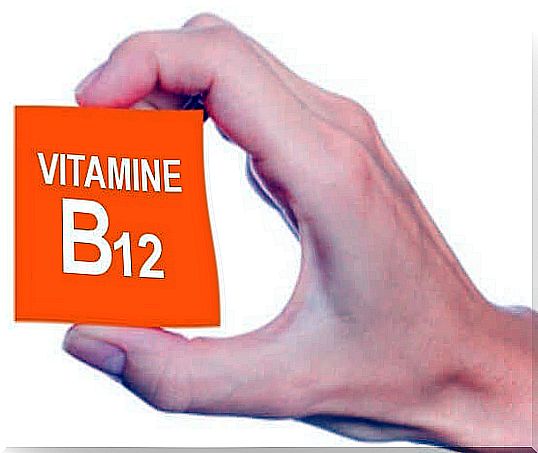
Treatment should be started immediately after diagnosis. The sooner the patient starts treatment, the better the situation will subsequently evolve.
At present, diet is the only available treatment for Methylmalonic Aciduria. The goal of dietary treatment is to prevent the accumulation of substrates and metabolites associated with toxic levels.
To achieve this, it is therefore necessary that the patient follows a protein-restricted diet. The diet should mainly contain carbohydrates such as grains, fruits, pasta and vegetables.
To ensure that the patient can still grow normally, amino acid preparations are often prescribed. In addition, the many children with Methylmalonic Aciduria receive vitamin B12 injections.
- More than 90% of CblA-type cases respond to this treatment.
- In addition, it helps 40% of children with type CblB.
If you notice any symptoms of a metabolic crisis, you should go to the hospital right away. Treatment usually involves intravenous administration of sodium bicarbonate and carbamyl glutamate to both lower blood acidity and prevent the breakdown of proteins and fat in the body.
People who suffer from this condition should try to avoid contact with people with contagious diseases such as colds or flu as much as possible to avoid complications.



